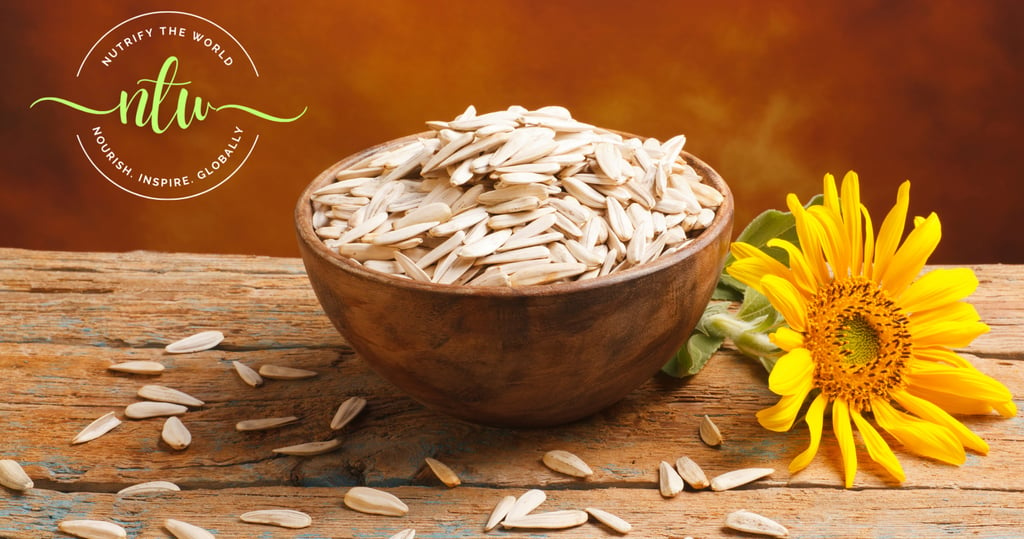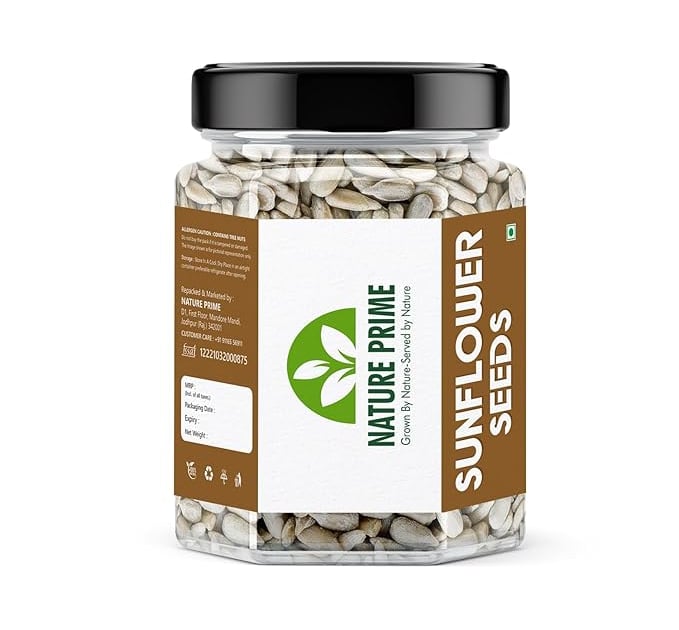Tiny Seeds, Big Benefits: Why Sunflower Seeds Should Be Your Go-To Snack
Sunflower seeds are a nutritious snack rich in vitamins E and magnesium, offering benefits like improved heart health, enhanced immunity, better skin and bone health, and stable blood sugar levels. While high in calories and sometimes sodium, moderate consumption maximizes their advantages. Add them to salads, yogurt, or baked goods, or enjoy them roasted and unsalted for a healthy boost.


Tiny Seeds, Big Benefits:
Sunflower seeds, derived from the sunflower plant (Helianthus annuus), are a popular and nutritious snack enjoyed by many around the world. These small, nutty-tasting seeds are packed with essential nutrients and offer numerous health benefits. In this article, we will explore the health benefits, nutritional content, potential risks, tips for consuming sunflower seeds, and conclude with why these seeds should be a staple in your diet.
Health Benefits
Rich in Nutrients: Sunflower seeds are a powerhouse of vitamins and minerals, providing essential nutrients like vitamin E, magnesium, protein, and healthy fats.
Heart Health: The seeds are high in healthy fats, particularly polyunsaturated and monounsaturated fats, which help reduce bad cholesterol levels and lower the risk of heart disease. Additionally, the presence of phytosterols, compounds that are structurally similar to cholesterol, helps reduce the absorption of cholesterol in the bloodstream.
Antioxidant Properties: Vitamin E in sunflower seeds acts as an antioxidant, protecting cells from damage caused by free radicals and reducing inflammation. This can help lower the risk of chronic diseases, including heart disease and cancer.
Supports Immune System: Sunflower seeds are rich in zinc and selenium, which play crucial roles in maintaining a strong immune system. Zinc is vital for the development and function of immune cells, while selenium enhances the body's antioxidant defence and regulates immune responses.
Improves Skin Health: The vitamin E content helps maintain healthy skin by protecting it from oxidative damage and promoting a healthy glow. It also aids in skin repair and may help reduce the appearance of scars and wrinkles.
Bone Health: Magnesium in sunflower seeds contributes to strong bones and helps prevent osteoporosis. Magnesium is essential for bone formation and maintenance, as it aids in the absorption of calcium.
Blood Sugar Control: The fiber content helps regulate blood sugar levels, making sunflower seeds a good snack option for individuals with diabetes. The seeds' protein and healthy fat content also contribute to stable blood sugar levels by slowing the absorption of sugar into the bloodstream.
Mental Health Benefits: Sunflower seeds contain tryptophan, an amino acid that helps produce serotonin, a neurotransmitter that regulates mood. Consuming sunflower seeds can help improve mood and may reduce symptoms of depression and anxiety.
Anti-inflammatory Properties: The seeds contain various compounds that have anti-inflammatory effects, which can help reduce the risk of chronic inflammatory diseases like arthritis and asthma.
Weight Management: The combination of protein, fiber, and healthy fats in sunflower seeds can help promote satiety and reduce overall calorie intake, aiding in weight management efforts.
Nutritional Contents
A typical 1-ounce (28 grams) serving of sunflower seeds contains:
Calories: 165
Protein: 5.5 grams
Fat: 14 grams (1.5 grams saturated, 3 grams monounsaturated, 9 grams polyunsaturated)
Carbohydrates: 6.5 grams
Fiber: 3 grams
Vitamin E: 37% of the RDI (Recommended Daily Intake)
Magnesium: 9% of the RDI
Selenium: 10% of the RDI
Zinc: 10% of the RDI
Iron: 6% of the RDI
Folate: 17% of the RDI
Risks
Allergies: Some individuals may be allergic to sunflower seeds, leading to symptoms such as skin rashes, breathing difficulties, and digestive issues.
High Caloric Content: While nutritious, sunflower seeds are calorie-dense, so excessive consumption can contribute to weight gain if not monitored.
Sodium Content: Salted sunflower seeds can be high in sodium, which can elevate blood pressure and contribute to heart disease if consumed in large quantities.
Potential Contaminants: Sunflower seeds may contain cadmium, a heavy metal that can cause kidney damage if consumed in large amounts over time. It’s advisable to consume sunflower seeds in moderation to avoid potential cadmium exposure.
Extra Tips for Consuming Sunflower Seeds
Portion Control: Stick to a serving size of about 1 ounce (28 grams) to enjoy the benefits without excessive calorie intake.
Unsalted Varieties: Opt for raw or unsalted sunflower seeds to avoid excessive sodium intake. You can also season them at home with herbs and spices for added flavor without the extra salt.
Incorporate into Meals: Add sunflower seeds to salads, yogurt, oatmeal, or baked goods for a nutritious crunch. They can also be blended into smoothies or used as a topping for soups.
Roasting at Home: If you prefer roasted seeds, consider roasting them at home to control the amount of salt and oil used. Simply spread the seeds on a baking sheet, drizzle with a small amount of olive oil, and roast at 350°F (175°C) for about 15-20 minutes.
Combine with Other Seeds and Nuts: Mix sunflower seeds with other seeds and nuts for a nutrient-dense snack mix. This can provide a broader range of nutrients and enhance the overall health benefits.
Use as a Garnish: Sprinkle sunflower seeds over roasted vegetables, grain bowls, or stir-fries to add texture and nutrition.
Sunflower Seed Butter: Try sunflower seed butter as a spread on toast, in sandwiches, or as a dip for fruits and vegetables. It’s a great alternative to peanut butter for those with nut allergies.
Homemade Energy Bars: Incorporate sunflower seeds into homemade energy bars or granola for a portable and healthy snack.
A Quick Review
Sunflower seeds are a nutrient-rich, versatile snack that offers numerous health benefits, from boosting heart and skin health to supporting the immune system and bone health. While they are packed with essential vitamins and minerals, it's important to consume them in moderation due to their high caloric content and potential for high sodium levels in salted varieties. By incorporating sunflower seeds into your diet mindfully, you can enjoy their health benefits as part of a balanced, nutritious diet.
Disclaimer: This fact sheet by the “NutrifyTheWorld” provides information that should not take the place of medical advice. We encourage you to talk to your health care providers (doctor, registered dietitian, pharmacist, etc.) about your interest in, questions about, or use of dietary supplements and what may be best for your overall health. Any mention in this publication of a specific product or service, or recommendation from an organization or professional society, does not represent an endorsement by OSD of that product, service, or expert advice.
HIGHLY RECOMMENDED PRODUCT
Nature Prime Sunflower Seeds
RICH IN VITAMIN E: These sunflower seeds are loaded with vitamin E, a powerful antioxidant that helps reduce the risk of cardiovascular diseases by preventing the oxidation of cholesterol by foreign particles. This essential nutrient supports overall heart health and contributes to better skin health by protecting cells from damage.
FIBRE FILLED: As a rich source of fiber, these sunflower seeds provide a lasting feeling of fullness, making them an excellent addition to a weight management diet. The high fiber content aids in digestion, promotes regular bowel movements, and helps regulate blood sugar levels.
RICH IN MAGNESIUM: These seeds are packed with minerals, particularly magnesium, which is crucial for maintaining healthy skin. Magnesium helps prevent several skin disorders by protecting skin cells and tissues from foreign particles, ensuring a healthy and radiant complexion.
Overall Impression: These sunflower seeds are a fantastic, nutrient-dense snack that offers numerous health benefits. The high vitamin E content supports cardiovascular health and skin protection, while the fiber promotes satiety and digestive health. Magnesium is an added bonus for those looking to improve their skin health and overall mineral intake. For a versatile and healthy snack, these sunflower seeds are highly recommended.




